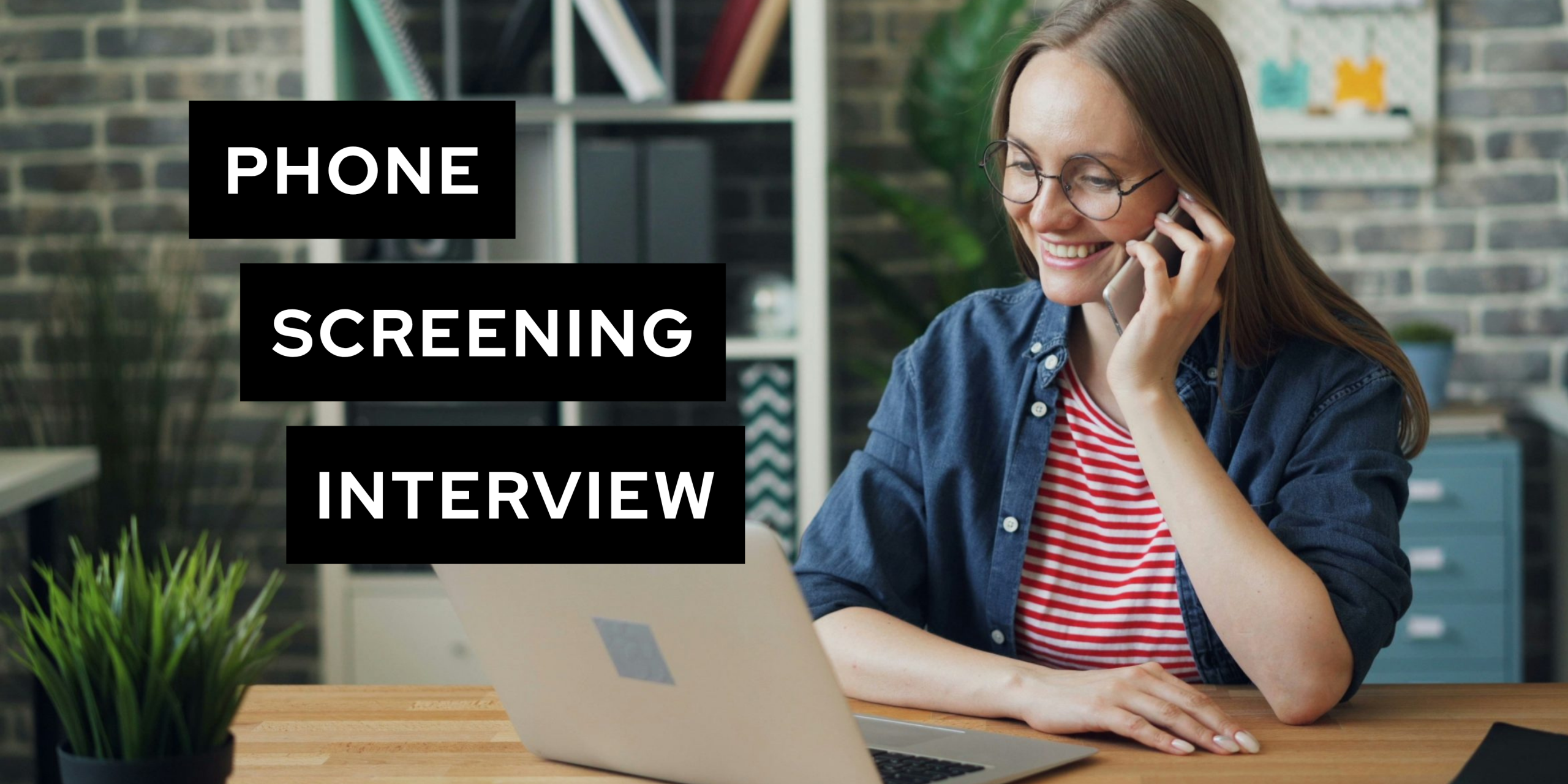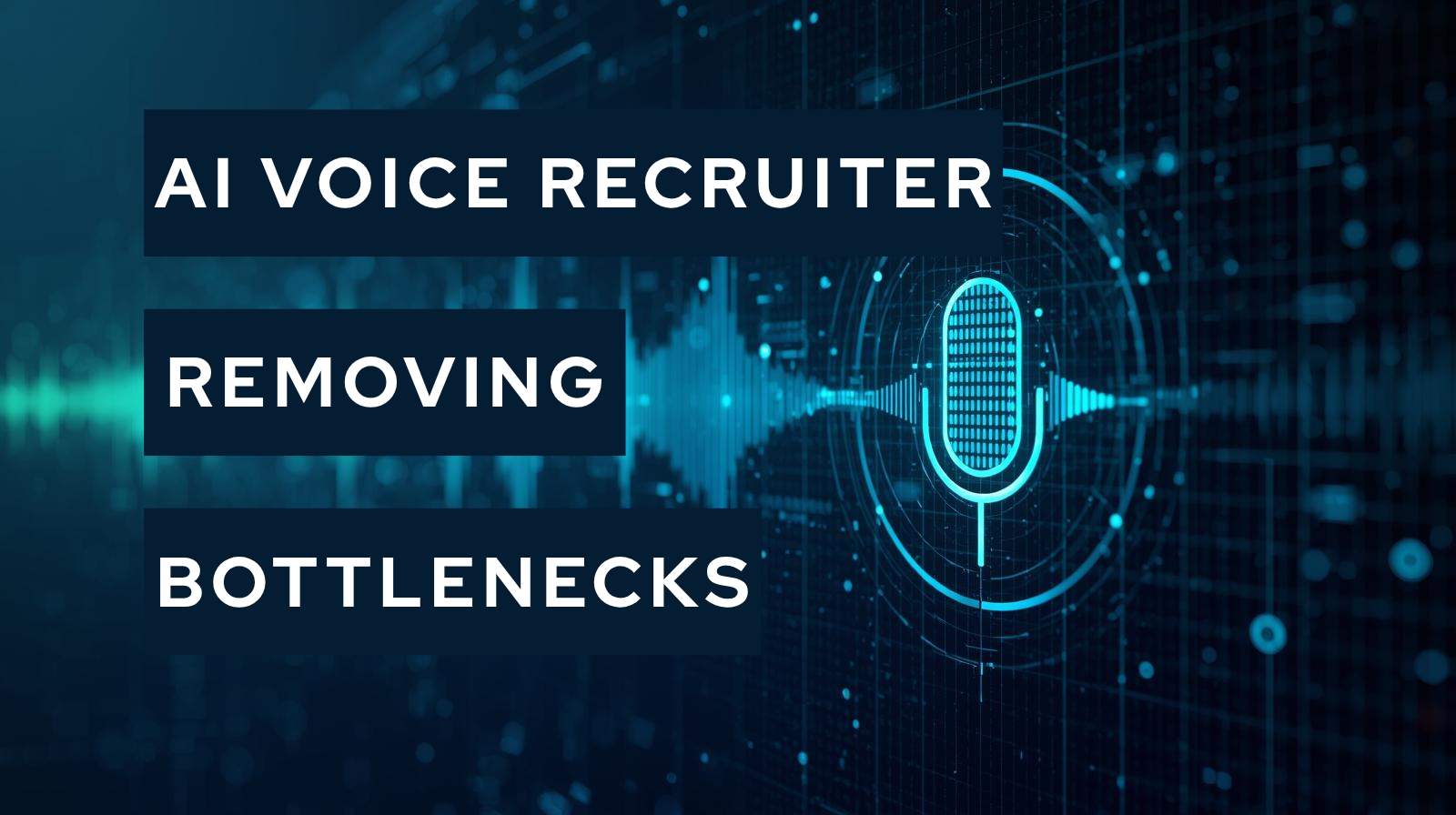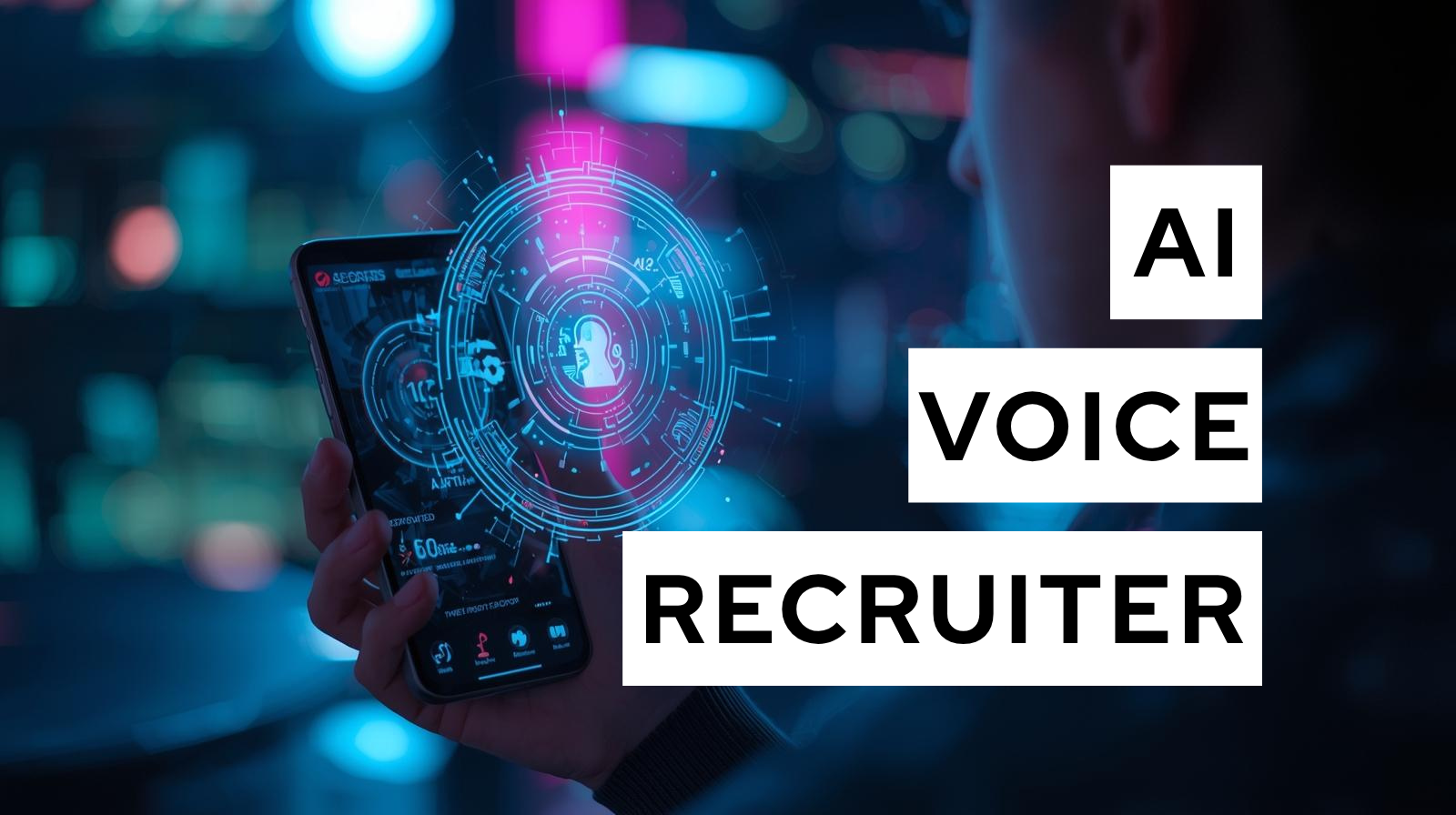
Make talent quality your leading analytic with skills-based hiring solution.

Finding the right candidate starts long before the in-person interview. The Phone Screening Interview is often the first real opportunity to evaluate a candidate’s skills, experience, and fit for your team. Done well, it saves time, reduces bias, and ensures only qualified candidates move forward in the hiring process.
Phone screening interviews have evolved from a simple checklist of questions to a structured, insightful conversation that gives recruiters a clear understanding of a candidate’s potential. It also sets the tone for the rest of the hiring process, giving candidates a professional and engaging first impression of your organization.
A phone screening interview is a short, focused conversation between a recruiter and a candidate. Its purpose is to:
For example, a recruiter hiring for a marketing position may ask about previous campaigns, the role the candidate played, and how results were measured. This allows recruiters to quickly identify strong candidates while filtering out those who may not meet essential requirements.
Start with a set of tailored questions for each position. Focus on core skills, relevant experience, and motivation. For technical roles, ask about tools, coding languages, or problem-solving approaches. For non-technical roles, ask about past achievements, challenges, and processes they followed.
Phone screens should last 20 to 30 minutes. Use a structured flow:
A structured approach keeps conversations focused, ensures consistency across candidates, and respects everyone’s time.
Phone screening is a chance to evaluate communication, clarity of thought, and professionalism. Ask scenario-based questions such as “Tell me about a time you handled a project under tight deadlines. What was your approach?” Listening to how candidates articulate their experiences provides insight into their problem-solving abilities and interpersonal skills.
Use the same question set for all candidates applying for a role. Standardization ensures fairness and allows for easier comparison of responses. It also helps avoid unintentional bias in evaluating candidates.
Capture key points during the conversation. Highlight strengths, areas for improvement, and any potential concerns. Summaries can be shared with hiring managers, improving collaboration and speeding up decision-making.
Candidates can also make the most of a phone screening interview by:
Preparation on the candidate’s part leads to a more productive and informative conversation for both sides.
Modern tools like Phone Screening Software by GLIDER.ai make phone screening faster, more consistent, and more insightful. With AI guidance, recruiters can ask structured questions, record and summarize interviews, and evaluate candidates even without subject matter expertise. GLIDER.ai also provides skill intelligence that helps identify top performers and informs decisions for both current and future roles.
GLIDER.ai phone screening integrates seamlessly with your ATS, CRM, HRMS, and other HR tech platforms. This allows recruiters to automate scheduling, reminders, and follow-ups while keeping candidate information centralized. By connecting to your existing tools, Glider ensures your workflow stays smooth and data-driven.
Example: A company hiring for multiple technical roles globally can conduct hundreds of phone screenings in a week. Each candidate is evaluated consistently, summaries are generated automatically, and hiring managers receive actionable insights without extra manual work.
A well-executed phone screening interview reduces unqualified candidates advancing, highlights top talent early, and provides actionable insights for hiring managers. It also improves the candidate experience by creating a professional and structured first interaction with the company.
Actionable tip: Track interview notes, skill scores, and candidate responses in your ATS. Over time, this data helps refine your phone screening questions and identify traits of top-performing employees.
1. Why is it important to standardize phone screening questions?
Using a consistent question set ensures fairness and comparability across candidates. It minimizes unconscious bias and helps recruiters objectively identify top performers based on structured responses.
2. How can AI tools like GLIDER.ai improve phone screening interviews?
GLIDER.ai’s Phone Screening Software automates and enhances the process by:
Even non-technical recruiters can confidently assess candidates with data-backed insights.
3. What are the key soft skills to assess during a phone screen?
Recruiters should listen for clarity, confidence, professionalism, and critical thinking. Candidates who communicate structured responses and demonstrate adaptability typically indicate strong interpersonal and problem-solving skills.
4. How can recruiters ensure a positive candidate experience during phone screens?
Start by clearly explaining the interview process, keeping the tone conversational, and respecting time limits. Providing timely feedback and outlining next steps also leaves a strong impression of professionalism.
5. How does AI help reduce bias in phone screening?
By standardizing questions, analyzing language patterns, and using skill-based evaluation metrics, AI minimizes subjective judgment, helping recruiters make decisions based on merit rather than instinct.

Hiring should be straightforward. A candidate applies, the recruiter screens them, and the process moves ahead. In reality, it rarely happens that smoothly. Recruiters are often stuck with long lists of candidates to call, limited time in a day, and a hiring timeline that keeps stretching longer. These early delays create bottlenecks that slow the […]

Hiring teams often face one of the biggest slowdowns at the very start of the process: phone screening. It takes time, effort, and coordination to connect with each candidate. For growing companies or high-volume roles, this can lead to delays and missed opportunities. Phone screening has long been one of the most time-consuming steps in […]